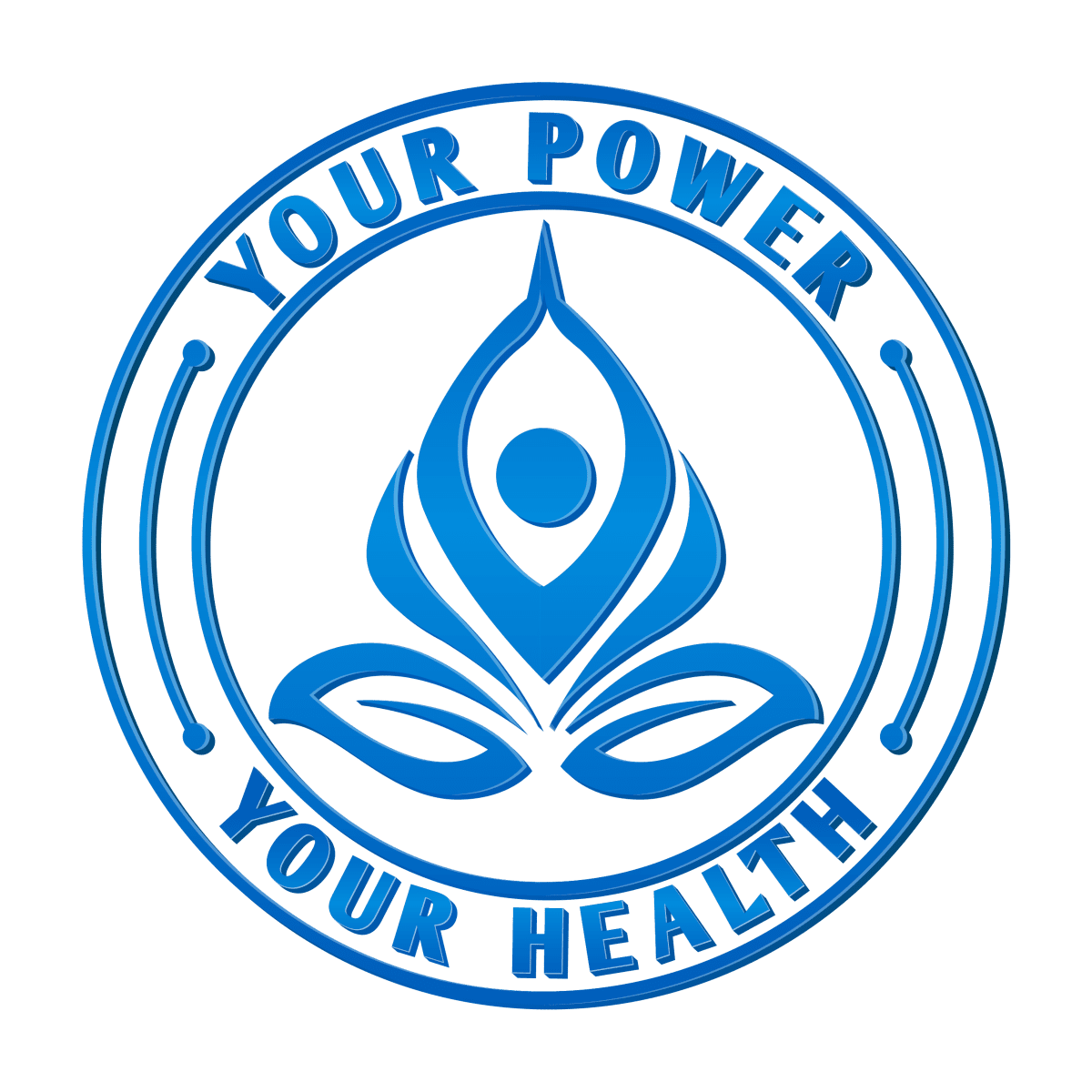Here’s some good news for anyone who likes to take an afternoon nap. It seems that emerging science suggests that taking a mid-day snooze is actually good for us. Prior to the industrial age and the invention of the light bulb, people usually followed the sun for their sleep patterns. When the sun went down, people went to sleep. Some non-industrialized cultures not only sleep with the sun cycles but also take a break during the day for a nap, especially in hotter climates. This practice is called biphasic sleep, sleeping in two different phases during a day. We typically follow a monophasic sleep pattern, usually getting all the sleep we’ll get in one shot, and usually at night.
But now science is exploring the value of napping for a short period during the afternoon, when our energy level is typically at its lowest. This afternoon drop in energy is hardwired into our genes, regardless of any cultural differences. It’s when we see more sleep related automobile accidents, school test scores are lower when the tests are administered in the afternoon, judges are less likely to hand down favorable rulings, anesthesiologists are three times likelier to make a fatal dosing mistake in the afternoon, and unethical behavior is more likely to occur in the afternoon. The bottom line is…we need a nap.
What benefits will napping provide?
- It can lower your risk of heart disease. In Greece, until the 1990s it was a regular practice to close business in the afternoon and people would take a siesta. This practice was phased out and businesses began staying open longer during the day. The result was that people who had no discernible heart disease risk prior to the change in practice now developed a 37% increased risk of heart disease. In areas of Greece that still practice biphasic sleep like the island of Ikaria, the men are far more likely to reach the age of 90 than their counterparts in America.
- It can lower your blood pressure. Findings at the American College of Cardiologists conference determined that a daily nap could be as effective as some medications in reducing blood pressure. This is pretty impressive because a small drop in blood pressure can lower your risk of a cardiac event by nearly 10%.
- It can improve your memory. When we sleep, we compartmentalize what we have learned prior to sleeping. Taking a nap after learning something new will actually move the new information from short term memory in the hippocampus to log term memory in the cortex, making space for new learning.
If you can fit it into your day, taking a nap is anything but a waste of time. It may actually help make better use of the rest of your day because you can do so with a clear head and more energy. So, sweet dreams sleepy head.
As a health coach, I work with women who are facing serious health challenges like heart disease, metabolic syndrome and diabetes or who have been diagnosed as having a precursor to a serious health issue such as high blood pressure, high cholesterol or high blood sugar. I help them make food and lifestyle changes so they can get healthy, live longer and enjoy a fuller, happier, more energetic life. If you would like to have a free consultation about the health challenges you have and the improvements you would like to see in your health, click here to schedule a no strings attached call.






